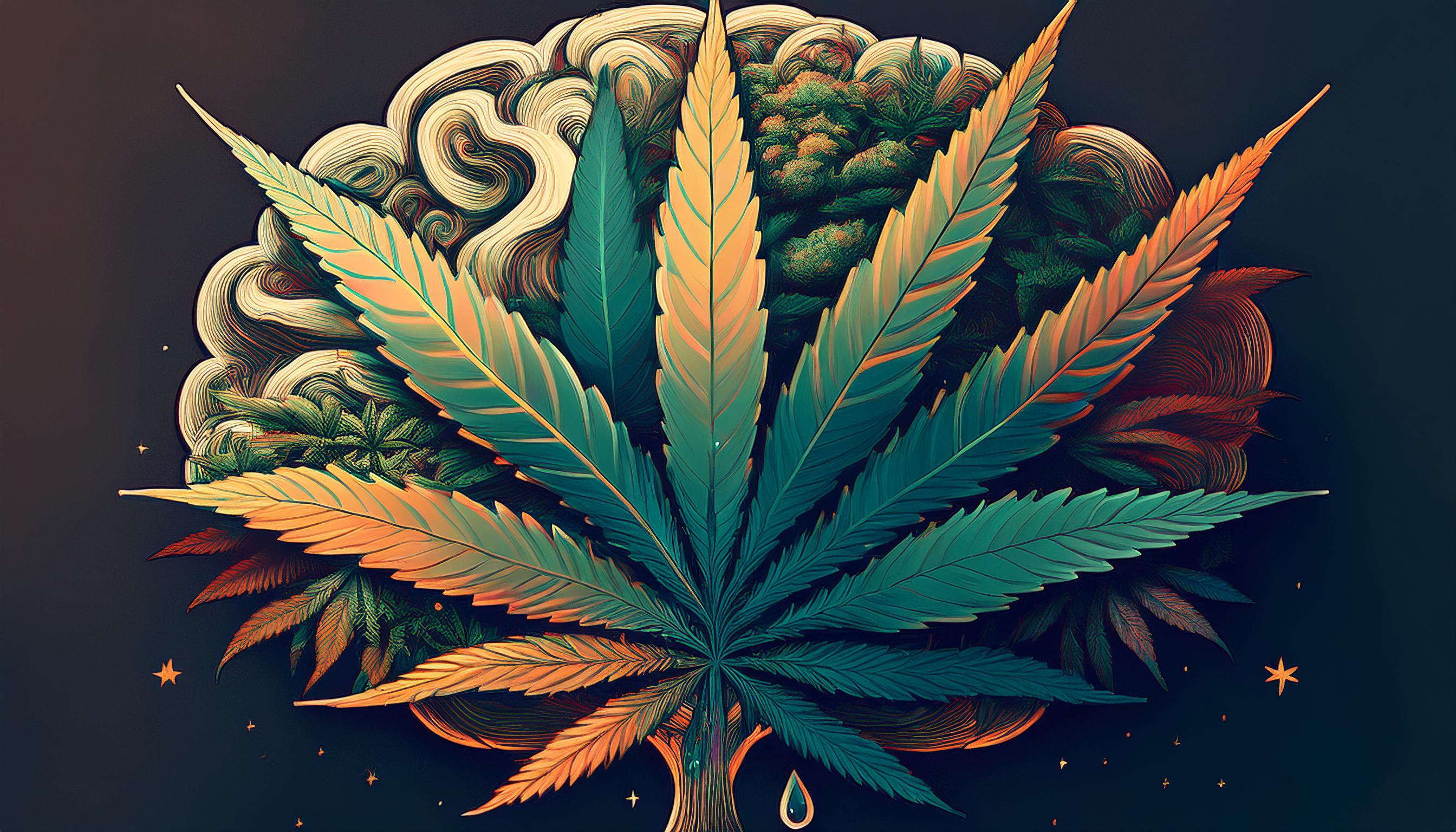Exploring the Role of Cannabis in Mental Health Treatment
Sep 4, 2024
Cannabis has long been a topic of debate, especially when it comes to its effects on mental health. While some view it as a potential treatment for conditions like anxiety, depression, and PTSD, others raise concerns about its risks, particularly in relation to disorders such as schizophrenia and bipolar disorder. So, where does cannabis truly fit in mental health treatment? Let’s explore the current cannabis landscape.

Open Your Own Cannabis Dispensary
The Future of Cannabis Is Yours to Build.
Dreaming of owning a dispensary? Dr. Green gives you the tools to make it happen. Don’t wait, start your cannabis revolution now.
Cannabis and Anxiety: A Double-Edged Sword?
Anxiety disorders are among the most common mental health issues, and many people are turning to cannabis, particularly CBD (cannabidiol), as a potential solution.
CBD, the non-psychoactive compound found in cannabis, has shown promise in reducing anxiety symptoms. It interacts with the body’s endocannabinoid system, which plays a role in regulating mood and stress responses.
Some studies suggest that CBD can help calm the body’s heightened fight-or-flight response, making it easier to manage stress. It may also help with fear extinction, the process of reducing fear responses to anxiety-inducing stimuli.
For people with social anxiety disorder or generalised anxiety, CBD offers a natural, less-invasive option for relief.
However, not all cannabis compounds are created equal. THC, the psychoactive compound in cannabis, can have the opposite effect on anxiety. For some, high doses of THC can actually increase feelings of paranoia or anxiety.
This highlights the importance of carefully considering cannabis strains, dosages, and individual reactions.
Depression: Can Cannabis Lift Your Mood?
Depression is another mental health condition where cannabis has sparked interest. Some individuals report that cannabis helps lift their mood and brings temporary relief from depressive symptoms.
By interacting with serotonin receptors, cannabis—especially strains high in CBD—might contribute to a more balanced emotional state.
However, the relationship between cannabis and depression is complicated. While cannabis use doesn’t seem to increase the likelihood of developing depression, frequent use can sometimes exacerbate symptoms, especially in those with underlying mental health conditions.
It’s important for individuals to approach cannabis use for depression with caution, especially when dealing with more severe forms of the disorder.

Open Your Own Cannabis Dispensary
The Future of Cannabis Is Yours to Build.
Dreaming of owning a dispensary? Dr. Green gives you the tools to make it happen. Don’t wait, start your cannabis revolution now.
Cannabis and PTSD: A Growing Area of Research
For those suffering from post-traumatic stress disorder (PTSD), cannabis has shown potential as a treatment option. PTSD is marked by severe anxiety, flashbacks, and intrusive memories, and traditional treatments don’t always offer relief.
Cannabis, particularly strains high in CBD, has been studied for its ability to help manage PTSD symptoms.
Research suggests that cannabis may help reduce nightmares and improve sleep in individuals with PTSD. It may also assist with emotional regulation and the extinction of traumatic memories, allowing individuals to move forward in their healing process.
However, as with anxiety, THC’s effects on PTSD can be unpredictable. While some people find it helps them relax and manage flashbacks, others may experience heightened anxiety or paranoia, particularly with higher doses.
Tailoring cannabis use to the individual’s needs and symptoms is crucial for it to be an effective treatment.
Risks: Schizophrenia & Bipolar Disorder
While cannabis may offer potential benefits for some mental health conditions, it’s important to acknowledge the risks.
Studies have consistently shown that frequent cannabis use, especially high-THC strains, can increase the risk of developing schizophrenia or other psychoses.
The higher the use, the greater the risk—especially in individuals who are genetically predisposed to these disorders.
For those with bipolar disorder, near-daily cannabis use can worsen symptoms, particularly during manic episodes.
People with bipolar disorder should exercise caution when using cannabis, as it may intensify mood swings and make symptom management more challenging.
Additionally, heavy cannabis users are more likely to report suicidal thoughts compared to non-users. While this doesn’t mean cannabis directly causes suicidal behaviour, it highlights the importance of being mindful of how cannabis impacts overall mental well-being.
Sleep and Mental Health: The Cannabis Connection
Sleep and mental health are deeply connected. Sleep disturbances are common in mental health conditions like anxiety and depression, and improving sleep quality can have a positive impact on mood and cognitive function.
Certain cannabis strains, particularly those with sedative effects, can help promote better sleep.
Cannabis may help individuals fall asleep faster and stay asleep longer, which in turn can reduce irritability, stress, and mood instability. By addressing sleep disorders, cannabis may offer an indirect way of improving overall mental health.
Open Your Own Cannabis Dispensary
The Future of Cannabis Is Yours to Build.
Dreaming of owning a dispensary? Dr. Green gives you the tools to make it happen. Don’t wait, start your cannabis revolution now.
Moving Forward: A Balanced Approach to Cannabis and Mental Health
As research continues, the role of cannabis in mental health treatment will likely evolve. For some, cannabis offers a natural, effective alternative for managing conditions like anxiety, PTSD, and sleep disorders.
However, it’s not a one-size-fits-all solution, and the risks—especially for those with psychotic or mood disorders—shouldn’t be overlooked.
If you're considering cannabis for mental health treatment, it’s important to consult with a healthcare professional who can help guide you in selecting the right strains, dosages, and methods of use.
With the right approach, cannabis may offer relief, but as with any treatment, it requires careful consideration.
